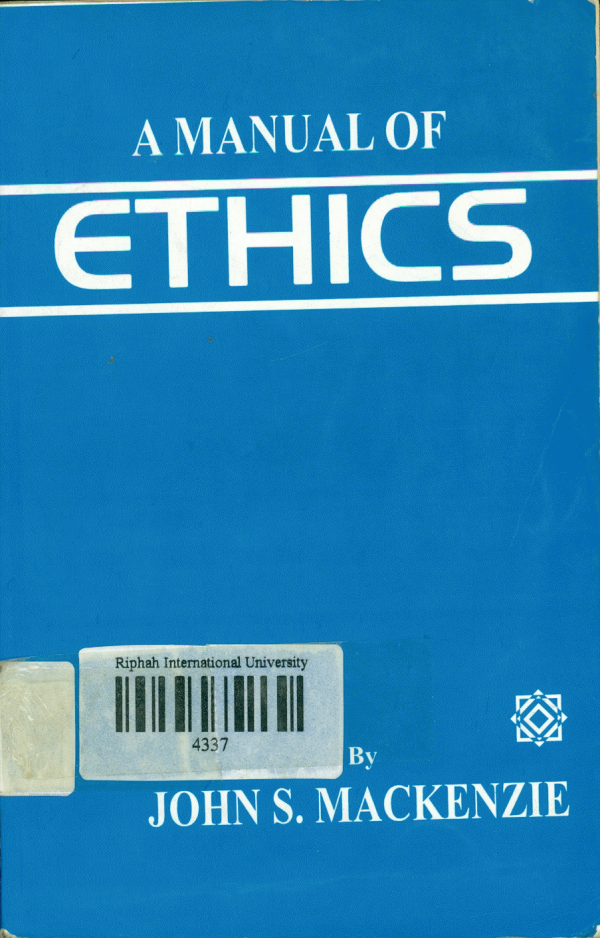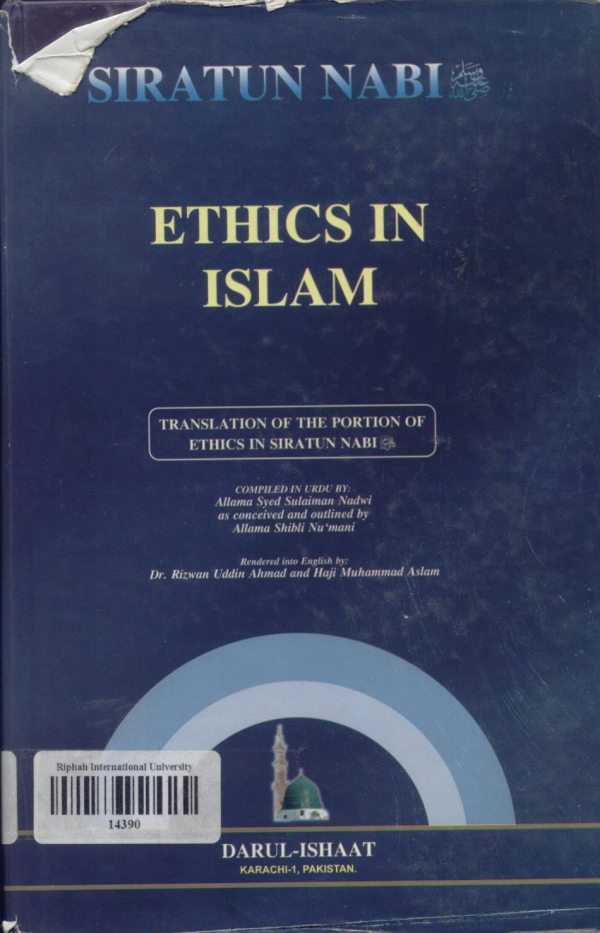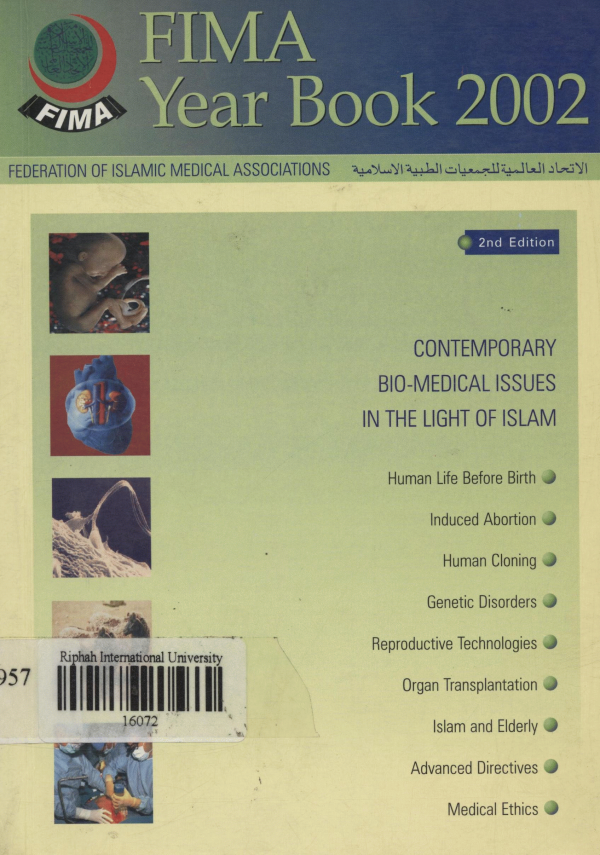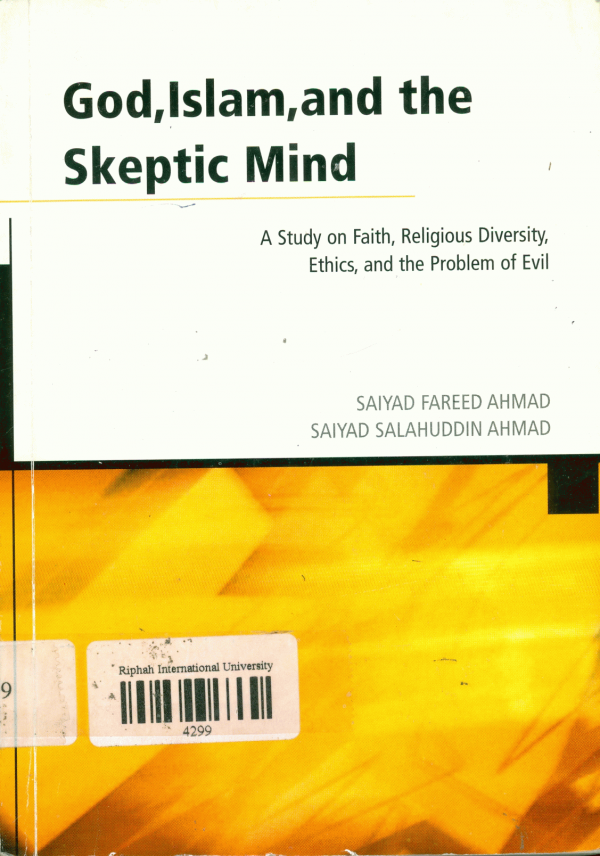
Rationale of the Course:
A teacher in the Islamic intellectual and cultural tradition is a role model who communicates knowledge (tilawah of ayat); elaborates and explains the text (ta’lim of Kitab); assists in personal, intellectual and ethical development (tazkiyah); and shares in wisdom, expertise and comprehension of the issues (hikmah). Teaching of Social and Applied Sciences, in the western paradigm, usually lack this dimension. Islam wants a Professional to fully internalize Ethical values while learning and increasing knowledge in his own area of specialization. In order to let a student internalize Islamic global values, a teacher must have conceptual clarity, authentic knowledge and ethically inspired behavior in his/her teaching practice and in professional dealings.
This Postgraduate course in Professional Ethics and Applied makes an effort to achieve this objective. It provides an opportunity to career educationists to improve their skills and techniques as well as their ethical vision and world view which is a pre-requisite for meaningful dissemination of knowledge and quality education.
Aims:
1. To understand meaning and role of ethics in creation and application of knowledge.
2. To offer academic training in applied ethics and morality as enshrined in the Non-variable Islamic sources.
3. To provide opportunity for critical thinking needed for making ethical judgments in Social and Applied Sciences.
4. To understand how the Prophet alayhayassatatamassalam applied ethical principles in his human transactions.
Objectives:
Learning Outcomes:
On successful completion of the module, participants shall be able to:
1.Understand meaning of ethics, morality, ethical judgment, freedom of the will, and role of ethics in professional development.
2.Have clarity in thought about the ethical and moral implications in Social and Applied Sciences.
3.Understand difference between secular relativist ethics and Islamic holistic and universal ethics.
4.Comprehend relevance of Islamic ethics with economy, society, politics, law/Culture and health sciences.
5.Understand that they are logic, realistic, useful, balanced, common for all, eternal, and internally consistent.
Learning Strategies:
The course participants will actively interact in the class, prepare one or more book reports, Class Presentations, do assignments, respond to quiz and other methods of assessment.
Topics to be covered:
Introduction
1.Definition of Ethics and Morality
2.Ethics and Morality in Islam and other civilizations
3.Why Ethics and Morality is required?
 A manual of ethics
by
A manual of ethics
by
 Ethics in Islam translation of the portion of ethics in siratun nabi
by
Ethics in Islam translation of the portion of ethics in siratun nabi
by
 FIMA year book 2002 contemporary biomedical issues in the light of islam
by
FIMA year book 2002 contemporary biomedical issues in the light of islam
by
 God, Islam, and the skeptic mind a study on faith, religious diversity, ethics, and the problem of evil
by
God, Islam, and the skeptic mind a study on faith, religious diversity, ethics, and the problem of evil
by
 Islamiat professional & social ethics
by
Islamiat professional & social ethics
by